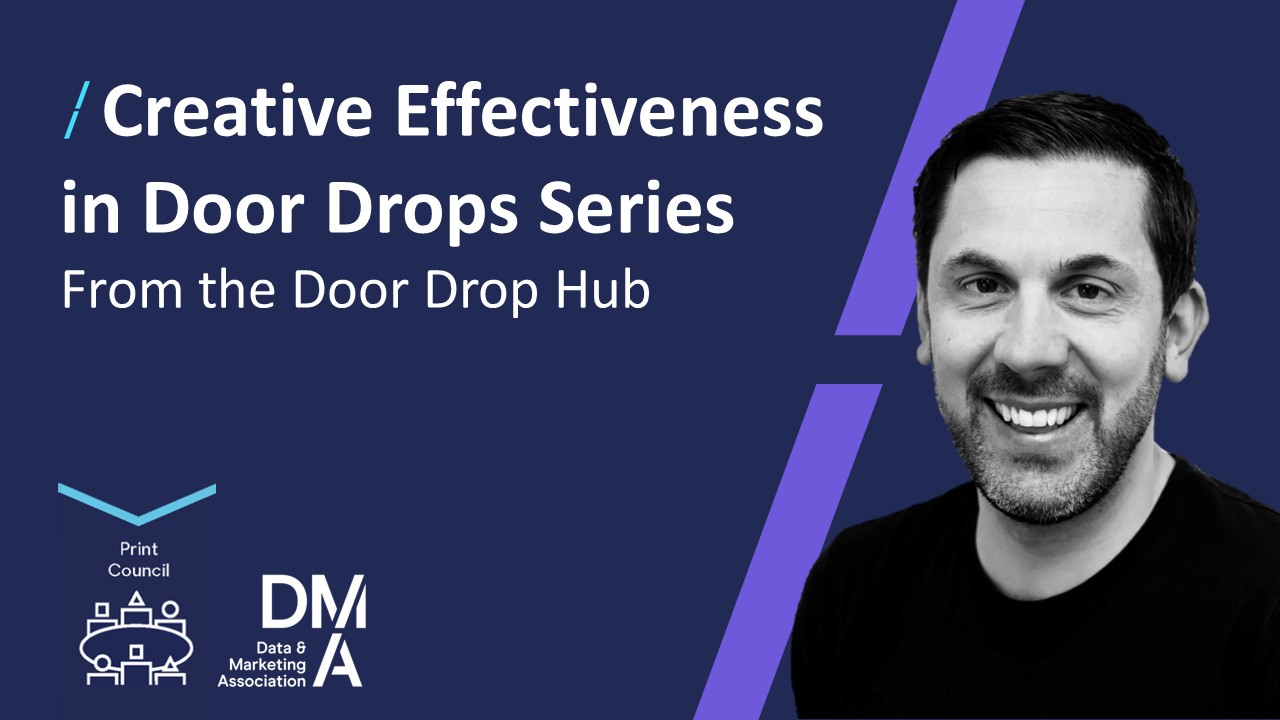The new rules of engagement
15 Jun 2016

Read the new research report into why relevancy is more important than personalisation, and the redefined relationship consumers are looking for.
Our new research examined how members of the public think about engagement.
But of course they don't talk about 'engagement' at all, which is why we ran our pilot study to find out about the language consumers use, so we could talk to them in language they understand.
With our partners Future Foundation, Acxiom, Relay 42 and Organic, we have rewritten the rules of engagement for today's marketers. According to Organic’s CEO James Moffat, “The report that follows proves that understanding people, not technology, is vital to the future success of brands who want to achieve better customer engagement.”
- Relevancy beats personalisation: 40% are interested in a service that reminded them about upcoming birthdays and gave relevant suggestions on what to buy them. This rises to two thirds of 25-34s.
- Incentives to share data: Consumers will share data for direct benefits such as lower prices, loyalty rewards, special deals etc.
- Build a reciprocal relationship: 40% would be willing to be rated by a brand. Rating is common, familiar and accepted through services like Ebay, Uber, Airbnb.
- Humanise digital engagement: Artificial intelligence approaches, married to virtual reality could give heightened interactions. Almost four-fifths (79%) of 16-24 year-olds were interested in a virtual innovation.
Acxiom’s European marketing director Jed Mole said, “Tantalising is the revelation that consumers really do want to be ‘surprised’ by brands, with great offers and gifts; but how can we do that without being able to recognise the individual and connect their data to understand just how we should surprise them, with what and when?”
More than half (54%) of Gen Y/Millennial age groups (28% of the total sample) are interested in a service that detected how they were feeling and sent them surprise offers/deals based on their mood.
“Current engagement methods often seem clumsy, like ‘brand stalking’, where items follow a consumer around on web banners. Instead, consumer data could be used in virtual or artificial intelligence systems. One example could be chatbots, giving brands a better way to use their data and consumers a more meaningful interaction,” said Rachel Aldighieri, DMA MD.
A substantial minority (40%) of respondents are actively loyal to brands, with another 28% actively disloyal, the remainder loyal depending on the context.
New technology brings new ways to explore brand disloyalty, presenting new opportunities to challenger brands. The most popular considerations when buying are: Quality (72%), service (64%), offers/deals (62%) and convenience (57%).
The intrinsic value of an item or service – its perceived quality – can be usurped by other factors.
According to Tomas Salfischberger, CEO of Relay42, “An overarching theme emerges: customers crave dialogue. Fail to engage, and run the risk of seeing them flock elsewhere.”
With 76% willing to spend time researching to get the best value, brands are no longer defined by how they present themselves, but by how convenient, how cheap, they are. Brands need to reprove their value, but this can be done in simple ways that are useful to the customer.
Simple methods of engagement work.
While 24% are in loyalty schemes, almost half (46%) of respondents are not in loyalty schemes, but would like to be. More than three-quarters (77%) of consumers were interested in joining a loyalty scheme after buying a product.
Talking the consumer's language: retail
Enjoyed this? Watch our animated infographic on whether consumers consider themselves loyal.
Sponsored by
Research partner








Please login to comment.
Comments